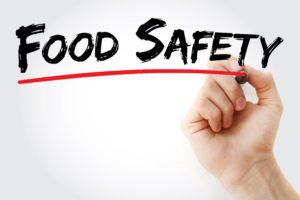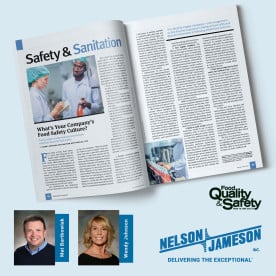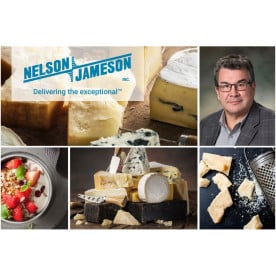During our conversations with regulatory folks, a common theme has developed. Overwhelmingly, regulators have stressed the importance of a “culture of food safety”. This means that food safety isn’t relegated to only a few individuals in a plant. Instead, a culture of food safety is one where a business has inclusively brought in ALL stakeholders, from CEOs to part-time employees to learn, practice, and respect food safety standards. Instead of viewing food safety as only rules that haveto be followed or marks to simply check off on a sheet, food safety becomes a mindset and unifying goal across the plant and across the company.
We’ve also noticed that the most effective method to create this culture is through education and practice. The more employees learn about food safety, its importance to their customers’ safety, its importance to the financial well-being of the company, etc. the more people pay attention and invest in food safety concerns.
With all that in mind, Nelson-Jameson aims to keep our customers informed through educational opportunities to help create that culture of food safety. Such opportunities/workshops pay off directly not only in the immediate experience of the students attending them, but also to the companies sending them when that knowledge is brought back, shared, and applied in the facility. Here are a few of the upcoming opportunities to learn more:
University of Wisconsin-River Falls will offer a “HAACP Workshop” that is open to “all food processors, suppliers, and regulators who wish to learn or review the basics of HACCP in a food facility” March 18-20th. The workshop will cover “ food safety hazards, prerequisites, validation of HACCP plans, implementing HACCP, and regulation” via hands-on experiences. To find out more, click here for information on the program, fees, etc.
On May 6th, the Center for Dairy Research will host a day-long “Food Safety Workshop (HACCP)” in Madison, WI. Also, open to a spectrum of attendees, the class is a hands-on “introduction to HACCP in a plant setting” where students will learn about topics from environmental monitoring to GMPs. Further information is available on the CDR website.
Keep an eye out for further food safety opportunities here on our blog. In the meantime, we are here as well to help provide you with the products and programs that can help you reach and maintain quality and food safety standards.






